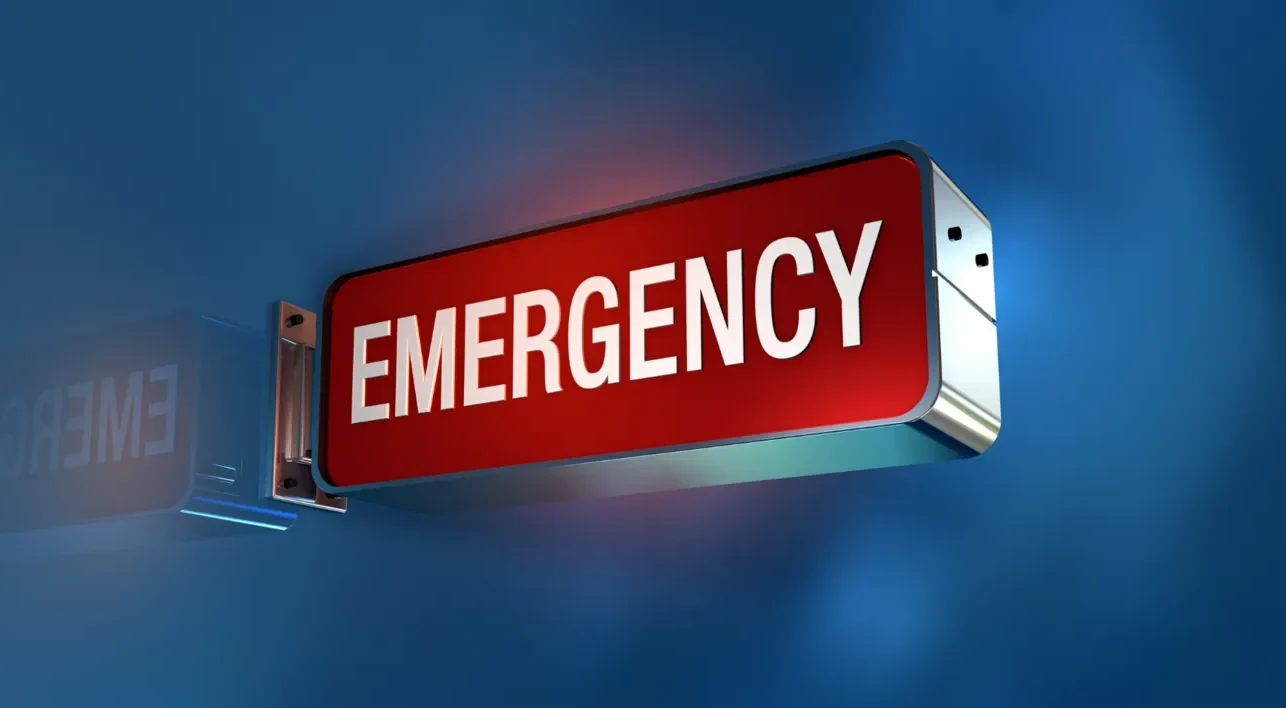When traveling abroad, one of the most important preparations you can make is knowing the local emergency numbers. In case of medical emergencies, fires, accidents, or security threats, having quick access to emergency services can make all the difference. While some countries use a universal emergency number, others have separate contacts for police, fire, and ambulance services. Here are five critical emergency numbers you should know when traveling to these popular destinations.
1. United States – 911
In the United States, 911 is the universal emergency number for police, fire, and medical services. It is widely known and easily accessible from any phone, including mobile devices, even without a SIM card.
To use it, simply dial 911 and stay on the line. Provide your exact location, including landmarks if available. Clearly state the type of emergency (medical, fire, or police) and follow the dispatcher’s instructions until help arrives.
In case of non-urgent assistance, the United States has separate helplines such as 311 for municipal services and 988 for mental health crises.
2. United Kingdom – 999 & 112
The UK has two emergency numbers: 999 (the traditional emergency number) and 112 (the European emergency number, which also works in many other countries). Both connect you to police, fire, and medical services.
To use it, dial 999 or 112 from any phone. Clearly state the emergency and your location. If you’re unable to speak, the call operator may ask you to respond using keypresses to determine the type of emergency.
The UK also has a non-emergency police number (101) and a non-emergency medical helpline (111) for minor health concerns that don’t require an ambulance.
3. Australia – 000
Australia’s national emergency number is 000, covering police, fire, and ambulance services. It is toll-free and can be dialed from any phone, including payphones and mobile devices.
To use it, dial 000 and specify whether you need police, fire, or ambulance. Speak clearly and provide your location. If you have a hearing or speech impairment, you can use TTY (106), a special emergency number for text-based communication.
For less urgent medical issues, you can contact Healthdirect Australia at 1800 022 222, a free health advice service staffed by registered nurses.
4. Canada – 911
Canada also uses 911 as its national emergency number for police, fire, and ambulance services. Like in the United States, it is free to call from any phone and can be used even if you don’t have a local SIM card.
To use it, dial 911 and stay on the line. Provide your name, location, and the type of emergency. Remain as calm as possible and follow the instructions given by the emergency operator.
For non-emergency police matters, Canada has separate contact numbers depending on the province. The medical helpline 811 is also available in most regions for non-urgent health concerns.
5. France – 112 & 15, 17, 18
France recognizes 112 as the universal emergency number, but it also has specific numbers for different services. Dial 15 for medical emergencies, 17 for police, and 18 for the fire department.
If you’re unsure which number to use, 112 is the safest option, as it connects you to emergency services from anywhere in France. The operator will transfer your call to the appropriate service based on the emergency.
For minor medical concerns, France also has a medical helpline, SOS Médecins, at 3624, which provides doctor consultations over the phone.

